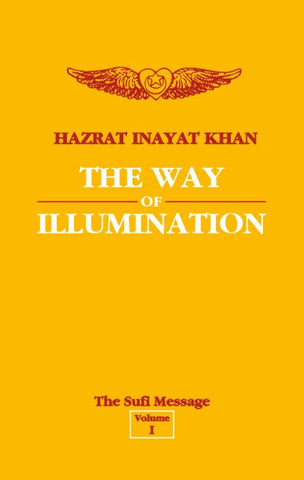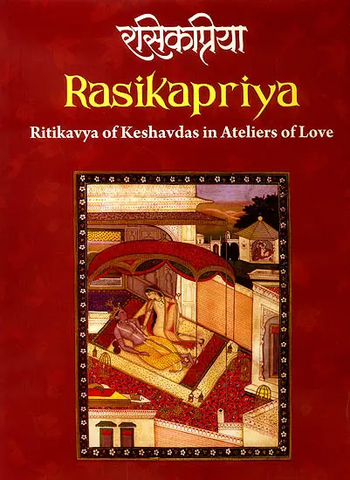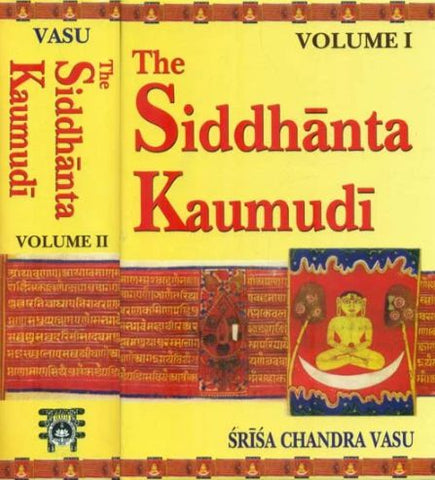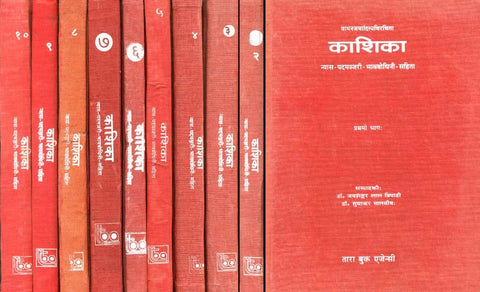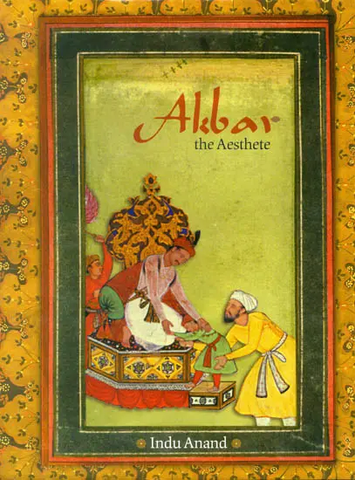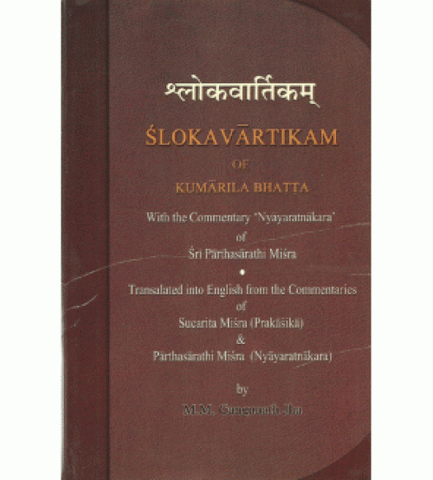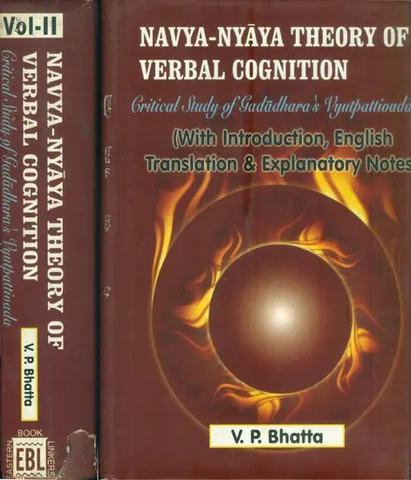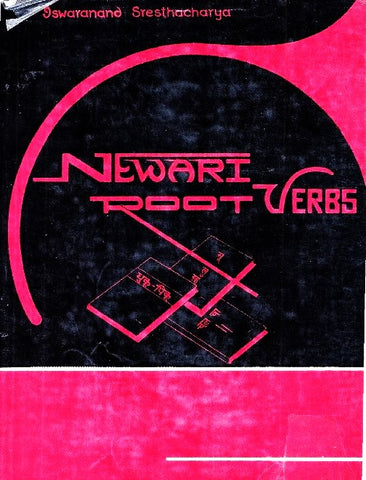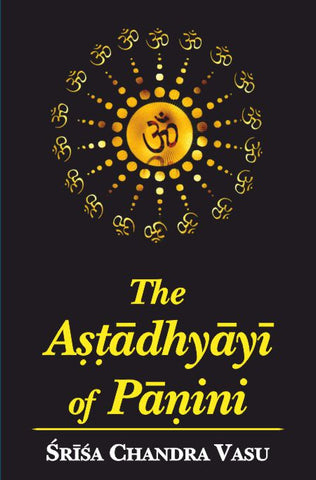Your cart is empty now.
The Nighantus are the glossaries or lists of rare and obscure words occurring in the Vedic hymns. According to Yaska they were collected and classified by the descendants of ancient sages for the easier understanding of the Vedic texts.
The Nirukta is a famous work of Yaska. It is the oldest Indian Treatise on Etymology, Philology and Semantics. This being a commentary on the Nighantus, collection of obscure words which tradition ascribes also to Yaska, follows the three-fold division of the contents of the Nighantus. There are three sections in the Nirukta, viz. Naighantuka Kanda (consisting of lists in which Vedic words are collected under certain main ideas), Naigama Kanda or Aikapadika (containing a list of ambiguous and particularly difficult word of the Vedas) and Daivanta-Kanda (classification of deities according to the three regions: earth, sky and heaven).
The book is divided into three parts. These contain Introduction, Translation and Sanskrit Text, accompanied by exegetical and critical notes, indices and Appendices.
|
PART I |
||||
| Preface | 1 | |||
| I. | INTRODUCTION TO THE NIGHANTU | |||
| a. | Detailed description of Manuscripts | 5 | ||
| b. | Two recensions | 9 | ||
| c. | Devaraja and his commentary | 10 | ||
| d. | Roth's edition of the Nighantu | 11 | ||
| e. | Bibliotheca Indica edition of the Nighantu | 12 | ||
| f. | Title of the work | 13 | ||
| g. | Division of the Nighautu | 13 | ||
| h. | Author of the Nighautu | 14 | ||
| II. | INTRODUCTION TO THE NIRUKTA | |||
| a. | Earlier editions of the Nirukta | 15 | ||
| b. | Detailed description of the Manuscripts | 19 | ||
| c. | Relationship of the Manuscripts - two recensions | 39 | ||
| d. | Omissio ex homoeleleuto in Sanskrit Manuscripts | 40 | ||
| e. | Dittography in Sanskrit Manuscripts | 41 | ||
| f. | 1. Three Stages of interpolations | 45 | ||
| 2. Parallel instance of Servius, commentator of Virgil | 48 | |||
| g. | Commentators of Yaska | 49 | ||
| h. | Yaska's contributions to Etymology, Philology and Semanties | 53 | ||
| 1. | Date of Yaska | 53 | ||
| 2. | Phonetic equipment of Yaska | 54 | ||
| 3. | Importance of Etymology | 56 | ||
| 4. | Principles of Etymology | 57 | ||
| 5. | Plato on Etymology | 63 | ||
| 6. | Philological speculations of Yaska | 64 | ||
| 7. | Origin of Language | 65 | ||
| 8. | Parts of Speech | 66 | ||
| 9. | Aristotle's definition of Noun and Verb | 66 | ||
| 10. | Semantics. How names are given: Criticism and Rejoinder | 68 | ||
| i. | Early anti-Vedic Scepticism | 71 | ||
| PART II | |
| Preface | 3 |
| List of Abbreviations | 4 |
| CHAPTER I | |
| Four classes of words | 5 |
| Prepositions | 7 |
| Particles | 8 |
| Expletives | 13 |
| Are all nouns derived from verbs? | 14 |
| The Kautsa controversy | 16 |
| Importance of etymology | 18 |
| Compilation of the Nighantu | 20 |
|
CHAPTER II |
|
| Principles of Etymology | 21 |
| Sakapuni and a deity | 27 |
| Devapi and Santanu | 28 |
| Vrtra | 31 |
| Visvamitra and the Rivers | 35 |
|
CHAPTER III |
|
| Inheritance | 39 |
| Brotherless maiden | 41 |
| Fingers | 43 |
| Synonyms of beauty | 47 |
| Niyoga | 48 |
| Similes | 49 |
| Onomatopoeia | 51 |
| Synonyms of Heaven and Earth | 55 |
|
CHAPTER IV |
|
| Homonyms | 56 |
| Jathara | 59 |
| Kayamana | 61 |
| Dayamana | 63 |
| Vyantah | 65 |
| Erire | 67 |
| Anta | 69 |
| Varya | 71 |
|
CHAPTER V |
|
| Vanusyati | 71 |
| Varaha | 75 |
| Visnu | 77 |
| Adhrigu | 79 |
| Vajapas | 81 |
| Nicumpu | 83 |
| Krtti | 85 |
| Prthak | 87 |
| Srni | 89 |
|
CHAPTER VI |
|
| Virudhah | 91 |
| Indra and the Seers | 93 |
| Asih | 95 |
| Kimidin | 97 |
| Jarayayi | 99 |
| Amina | 101 |
| Ghramsa | 102 |
| Pratadvasu | 105 |
| Bekunata | 107 |
| Sirimbitha | 109 |
| Bunda | 111 |
|
CHAPTER VII |
|
| Nature of Stanzas | 113 |
| Deity | 115 |
| Are Gods anthropomorphic | 116 |
| Metres | 119 |
| Agni | 121 |
| Jatavedah | 123 |
| Vaisvanara | 123 |
|
CHAPTER VIII |
|
| Dravinoda | 129 |
| Barhih | 133 |
| Tvastr | 135 |
| Apri | 138 |
| Sakuni | 139 |
| Dice | 141 |
| Quiver | 143 |
| Whip | 145 |
| Rivers | 147 |
| Wilderness | 149 |
| Ends of the Bow | 151 |
|
CHAPTER X |
|
| Vayu | 153 |
| Rudra | 155 |
| Brhaspati | 157 |
| Yama | 159 |
| Ka | 161 |
| Tarkeya | 163 |
| Vata | 165 |
| Indu | 167 |
|
CHAPTER XI |
|
| Soma | 169 |
| Death | 171 |
| Maruts | 173 |
| Aptyah | 175 |
| Sarasvati | 177 |
| Sinivali | 179 |
| Gauri | 181 |
| Ha | 183 |
|
CHAPTER XII |
|
| Asvins | 184 |
| Bhaga | 189 |
| Varuna | 191 |
| Seven Seers | 196 |
| Divine womeu | 199 |
| Exegetical and Critical Notes | 200 |
| Appendix Alphabetical list of Stories related in the Nirukta |
246 |
| Index of Authorities cited in the Nirukta | 247 |
| List of Quotations occurring in the Nirukta, arranged in the order of the Samhitas | 248 |
|
PART III |
|
| SANSKRIT TEXT | 1-287 |
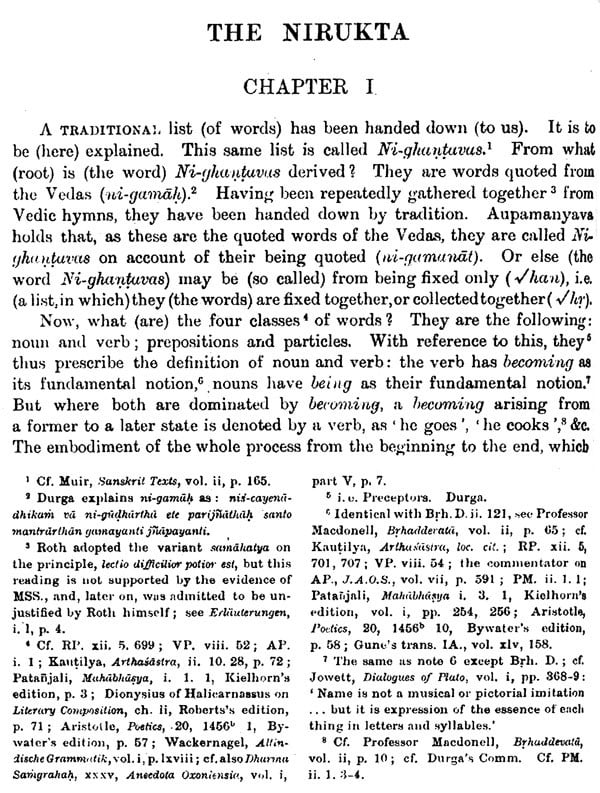
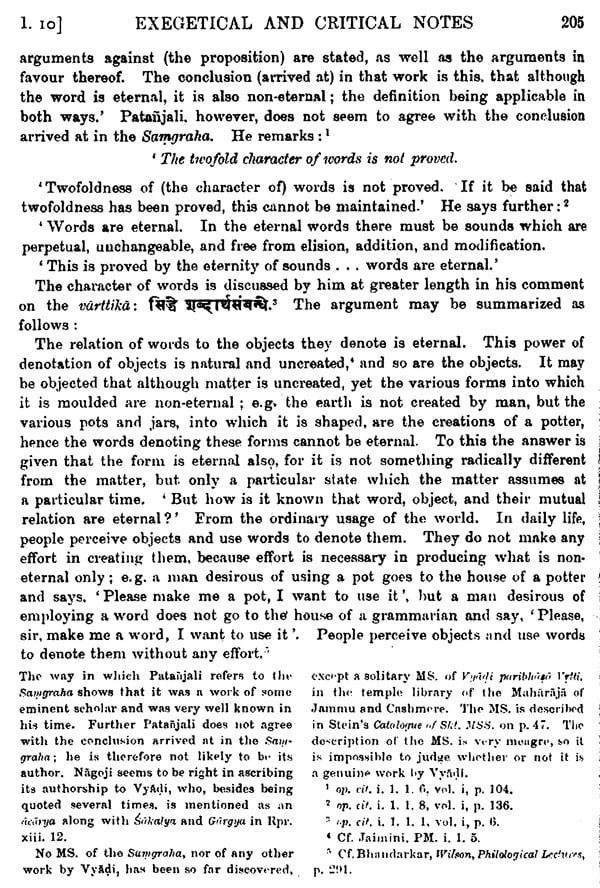

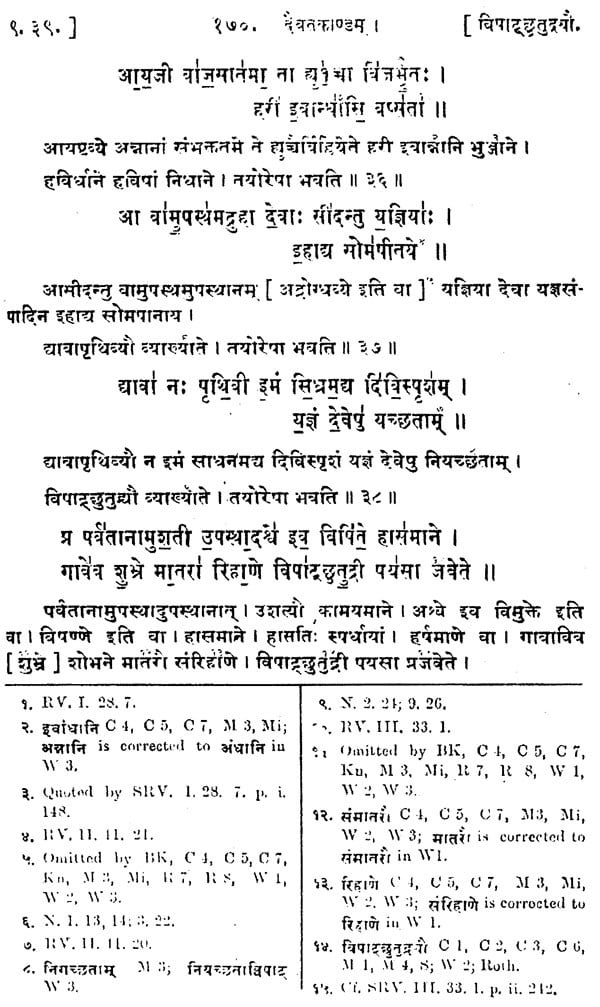

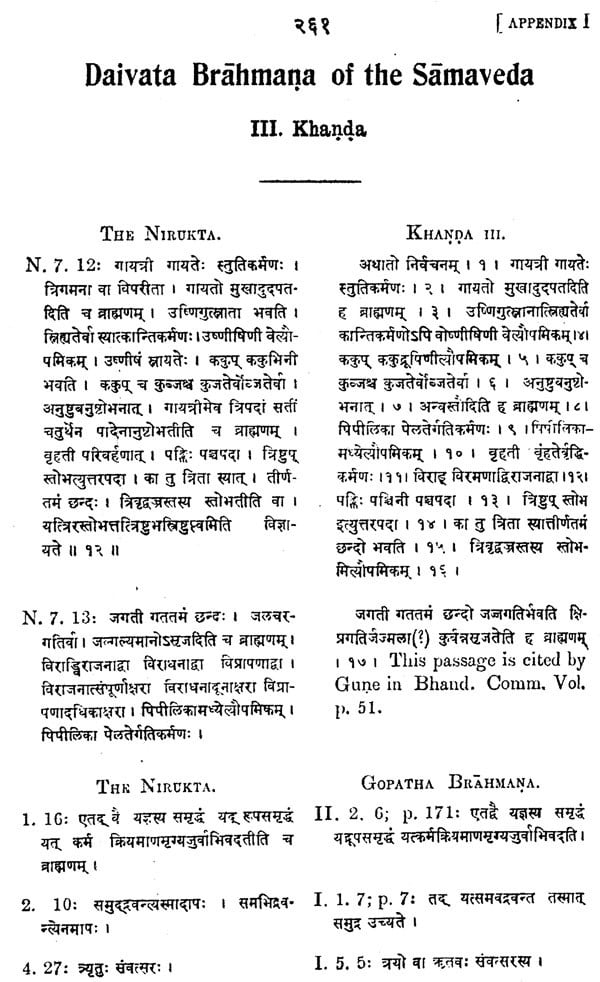
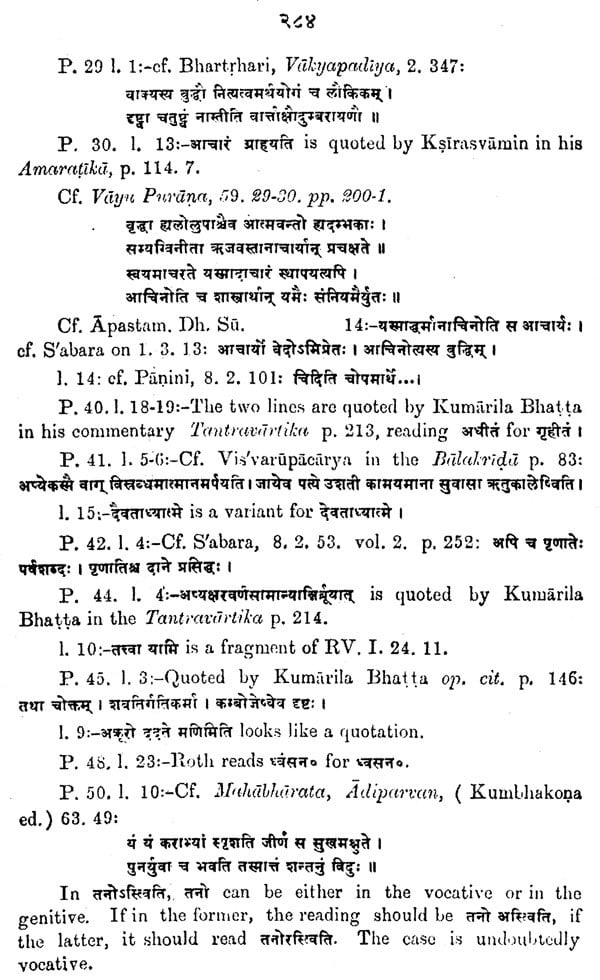
Delivery and Shipping Policy
- INTERNATIONAL SHIPPING
- Rs.1000-1100/kg
- ESTD. Delivery Time: 2-3 weeks (depending on location)
- Bubble Wrapped with Extra Padding
- NATIONAL SHIPPING
- NCR: Rs. 30/half kg
- Standard: Rs. 80/half kg
- Express shipments also available on Request
- ESTD. Delivery Time: Ranging from 1-4 days up to 7 business days (Depending on your choice of Delivery)
- TRACKING
- All orders; national or international, will be provided with a Tracking ID to check the status of their respective orders
- Depending on the Shipping Service, Tracking ID may be used on their respective tracking portals
Frequently Asked Questions (FAQs)
Domestic Shipping: 3-4 Days (after shipping)
International Shipping: 1-2 weeks (based on your location)
You will receive an email once your order has been shipped or you can email us if you didn't receive tracking details (info@mlbd.co.in)
Every book that we sell is the latest edition except all the rare books
Yes, we do provide free shipping, only on domestic orders (within India) above Rs.1500



